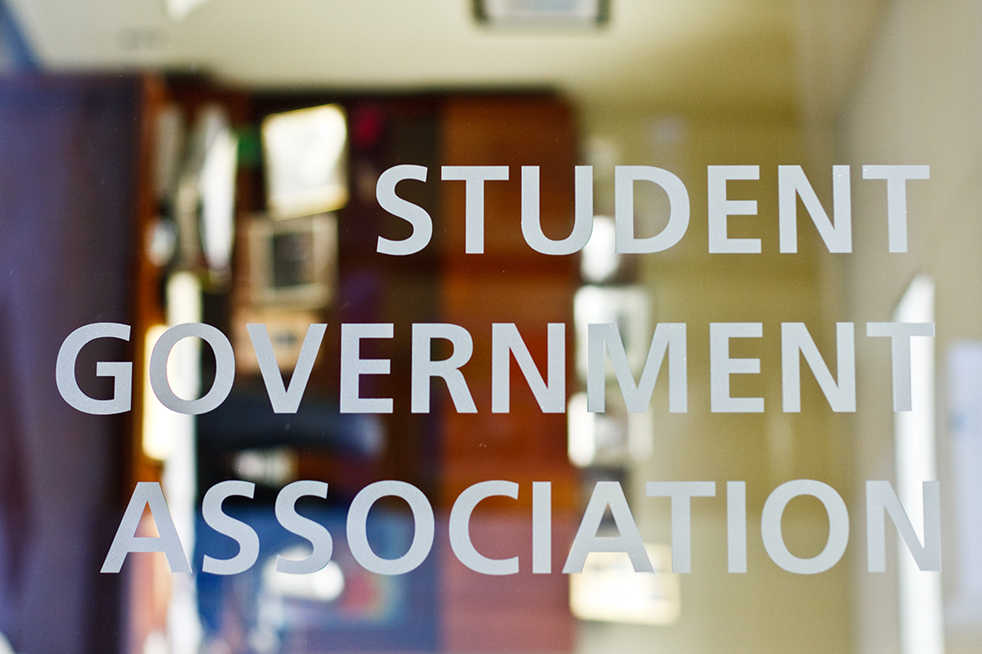Editor’s Note: This Letter to the Editor is in response to a Technique consensus. The rideshare bill offered unlimited $1 rides from 10 p.m. to 5 a.m. seven days a week in the immediate Tech area. The three rides for $1 mentioned below are for commuters, cover a larger area and are only a flat discount. The pilot was not meant to limit students to those three rides.
Two weeks ago, the Graduate Student Senate (GSS) failed a RideShare bill, which would’ve spent $100,000 of Student Activity Fees (SAF) to fund a 6-8 week pilot that would subsidize students to take three $1 UberPool rides. GSS recognizes and shares in the struggles of Tech’s transportation services. However, contrary to the Technique’s editorial opinion that graduate senators were “playing politics,” GSS acted in the best interests of the student body by failing the bill.
First, and foremost, GSS did not consider the RideShare bill a responsible use of SAF. GSS was concerned using fees paid by both undergraduate and graduate students to pay for institutional structural improvements that should be funded elsewhere would set a problematic precedent. The bill’s proponents could not answer what alternative fundraising efforts undertaken before seeking SAF funding. Despite proponents’ emotional appeals, there was a troubling lack of evidence the bill would actually improve Tech’s student community.
One of SGA’s core responsibilities is to properly vet and assess each bill it receives. GSS was eager to learn about the proposal, determine whether its intended goals were reachable, and help facilitate a responsible use of SAF. Yet, nearly all details of the bill were hidden behind a non-disclosure agreement, rendering GSS unable to fulfill its core obligation to Tech students. Except for initial involvement in creating a boundary map last September, Graduate SGA was never consulted in the planning of this program. Bill proponents claimed most of the proposal was composed less than a week before the bill was introduced, but that it must also be passed immediately. It’s unfortunate the Technique chose to accuse senators of “playing politics,” rather than acknowledge GSS was not adequately included in drafting a proposal with major implications for graduate students — who represent 47 percent of the student body. It is irresponsible for SGA to approve a funding request without due diligence and whose details are obscured behind so thick a veil of secrecy.
Neither GSS nor UHR were given an assessment of how Stingerette could be improved before substituting a free service for a questionable, for-profit rideshare partnership. No details were provided on alternatives considered or why rideshare is the sole or best option. Perhaps, this $100,000 might be sufficient to improve Stingerette, or pay drivers to revive the defunct GOTCHA-ride? Beyond this, siphoning students off of Stingerette could give the administration justification for abandoning or giving up on improving Stingerette. Without sufficient transparency or a review of the potential consequences of adopting a new program, GSS was not comfortable subsidizing a for-profit company we have little control over to expand its Atlanta market share.
While the issue of student safety was brought forth as one reason to support the pilot, there is no data-driven reason to believe a rideshare partnership would improve the safety, security, or comfort of Tech students. This is especially true as one’s rider experience is significantly shaped by gender, race, and perceived sexuality. Although the Technique argued a rideshare partnership could give students “an alternative to waiting outside,” students can already call a rideshare service if they wish. No data was provided on how many Tech students currently avoid using Uber or Lyft late night because of the cost, raising the question of how impactful the pilot would be.
Although the Technique argued the “Stingerette also has the authority to kick students out of vans for whatever reason drivers deem appropriate,” they failed to recognize rideshare drivers can also kick out, investigate, or ban riders who engage in offensive or inappropriate behavior. Stingerette drivers report riders to OSI when they are in violation of the student code of conduct, which all students ought to follow. Beyond this, the bill raised data security questions, such as “who would own data collected on students?” and “does the proposed rideshare company already have data they could provide at no or a lower cost to assess the impact of a rideshare program?”
On the argument for the pilot as a data collection mechanism, it was constructed in a way that forced excessive bias into the data, such as limiting the program to three rides per student. If the purpose of the pilot is to collect reliable and valid data for institutional groups, it must be constructed in scientifically rigorous manner, and paid for by the institute. It is wrong to use SAF to pay to collect data for the Institute. If the pilot was meant to assess if rideshare reduces Clery Act offenses, then it’d be foolish to cap the number of rides per student.
It’s a shame the Technique neither reported accurate details of the proposed bill, GSS deliberations, or reached out to any GSS members before making assumptions about “a number of student legislators.” It is presumptuous for a publication with an entirely undergraduate staff, which neither regularly attends GSS nor covers graduate issues, to claim to know graduate needs better than elected graduate senators. SGA is a representative democracy, and GSS embodies the voice of Tech’s 13,798 graduate students. Through individual and community outreach with the graduate student body, GSS found constituents overwhelmingly and definitively negative about this bill.
